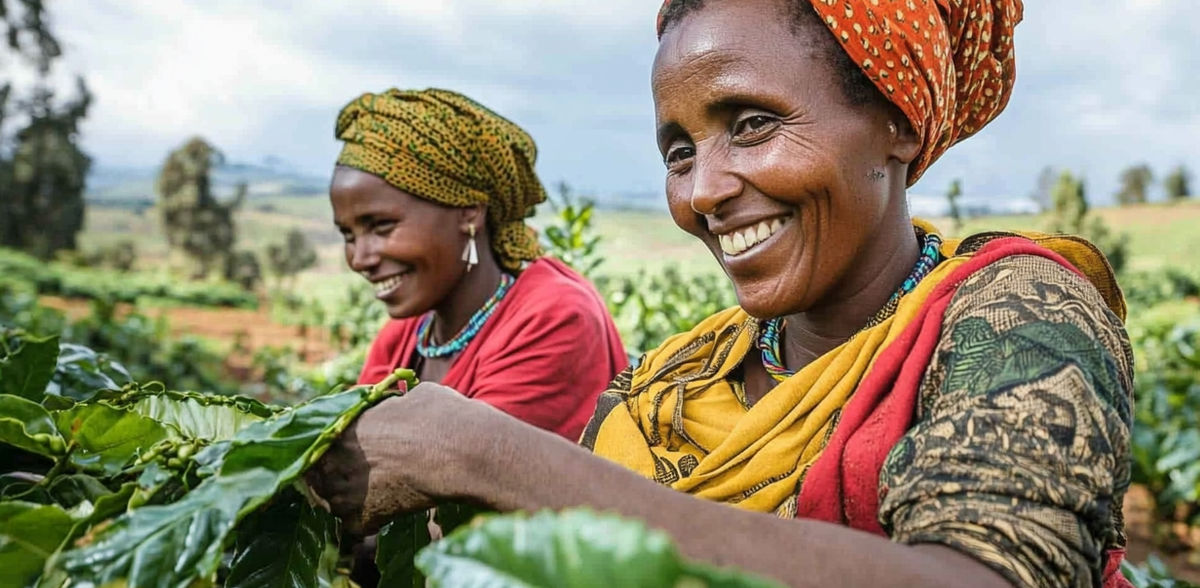Arabica-Kaffee: Klimawandel könnte Anbau in Äthiopien um 44% steigern
Zukunftsszenarien enthüllen Chancen und Risiken für Kaffeeanbau
Advertisement
The coffee sector in Ethiopia is the livelihood of more than 20% of the population and contributes to over 25% of the country's foreign exchange earnings. However, climate change poses a threat to the climatic conditions needed to grow coffee. This not only has an impact on global coffee production, but also on the national economy and the livelihoods of Ethiopian coffee farmers.
A recent study analyses the current and future impact of climate change on the bioclimatic suitability for the production of C. arabica, the most important coffee variety in Ethiopia. Based on the current distribution of coffee growing areas and climate predictions from models such as HadGEM2 and CCSM2, a forecast for future changes in suitability was made using the MaxEnt bioclimatic model.
The results show that climate change could increase the suitable area for coffee cultivation by around 44.2 % (HadGEM2) and 30.37 % (CCSM2) by 2080. The climatically suitable areas are also expected to shift to the west and north-west. This means that some of the currently suitable areas can continue to be used for coffee cultivation if adaptation measures are taken, while other areas will become less suitable. At the same time, previously unsuitable areas could be suitable for growing Arabica coffee in the future.
These findings should help stakeholders in the coffee sector to develop strategies to reduce the vulnerability of coffee production to climate change. Customised strategies are needed to ensure a climate-resilient income from coffee in a changing climate.
Original publication
Other news from the department science

Get the food & beverage industry in your inbox
By submitting this form you agree that LUMITOS AG will send you the newsletter(s) selected above by email. Your data will not be passed on to third parties. Your data will be stored and processed in accordance with our data protection regulations. LUMITOS may contact you by email for the purpose of advertising or market and opinion surveys. You can revoke your consent at any time without giving reasons to LUMITOS AG, Ernst-Augustin-Str. 2, 12489 Berlin, Germany or by e-mail at revoke@lumitos.com with effect for the future. In addition, each email contains a link to unsubscribe from the corresponding newsletter.
























































